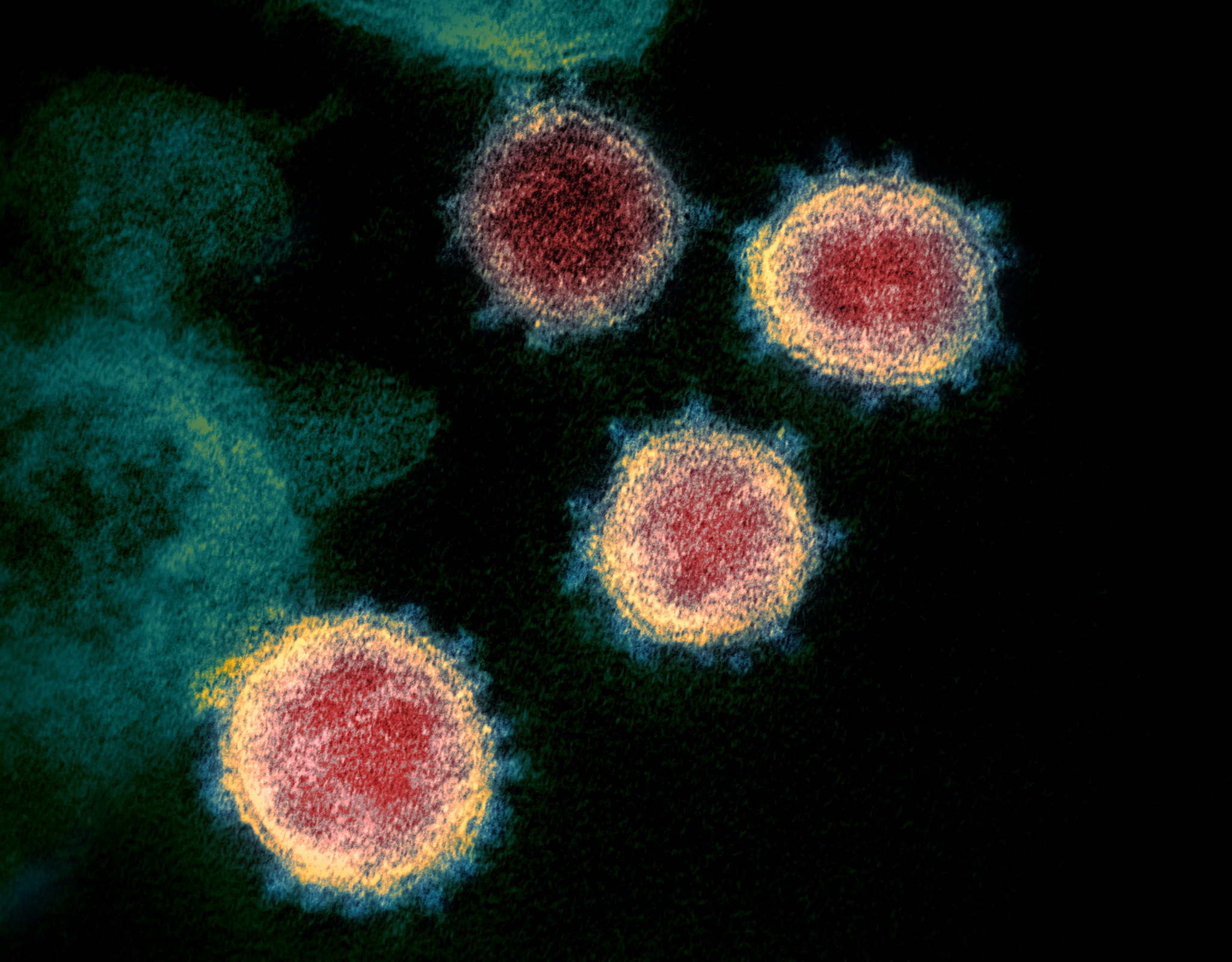J&J's late-stage COVID-19 vaccine trial halted after 'unexplained illness'

Johnson & Johnson has paused further dosing in its COVID-19 vaccine clinical trial following an “unexplained illness” in a study participant.
The company said it had voluntarily put the phase 3 ENSEMBLE trial on hold after the incident, the details of which are being kept under wraps.
J&J is not saying whether the patient was given a placebo or the experimental vaccine, which is being developed by the company’s Janssen pharma unit.
The vaccine uses a non-replicating virus to prime the body against the SARS-CoV-2 coronavirus that causes COVID-19, and is one of the front-runners in the race to a working vaccine against the disease.
The shot is one of 42 in clinical development, according to a regularly updated list from the World Health Organization.
This is the second COVID-19 vaccine trial to hit trouble – AstraZeneca’s study of its rival vaccine is still on hold in the US after a safety issue, although trials have restarted in other territories.
As is always the case in these situations, an independent committee is reviewing the medical information before deciding whether the trial should restart.
The company is not giving any further details about the illness away to protect the privacy of the person involved.
With two of the most advanced vaccine trials affected by safety issues, the chances of getting a shot approved by the FDA in time for the 3rd November elections are receding.
President Donald Trump had been hoping to get one okayed by the FDA in time for the vote, in order to give him an “October Surprise” to help with his campaign.
The COVID-19 vaccines are being developed at a pace never seen before, thanks to new advances in technology.
But many of them are also based on unproven technology and safety is paramount – with vaccines regulators have very little tolerance for side-effects as they are given to healthy people who may never be exposed to the disease the shot aims to prevent.
J&J’s vaccine is closely watched because it requires just one dose, making a mass vaccination programme easier than with potential shots from Moderna and Pfizer, which require two injections.
Feature image courtesy of Rocky Mountain Laboratories/NIH











